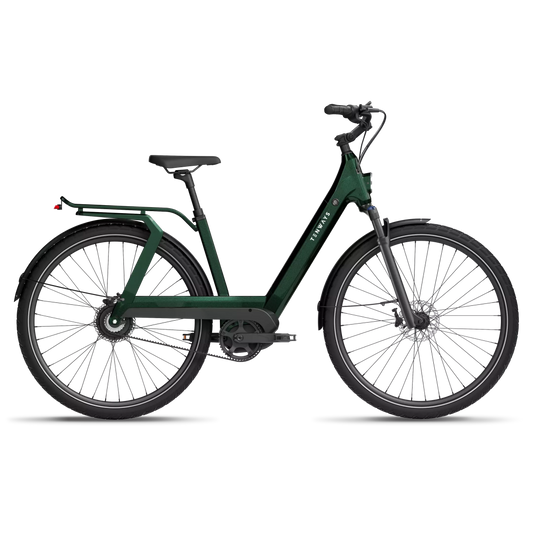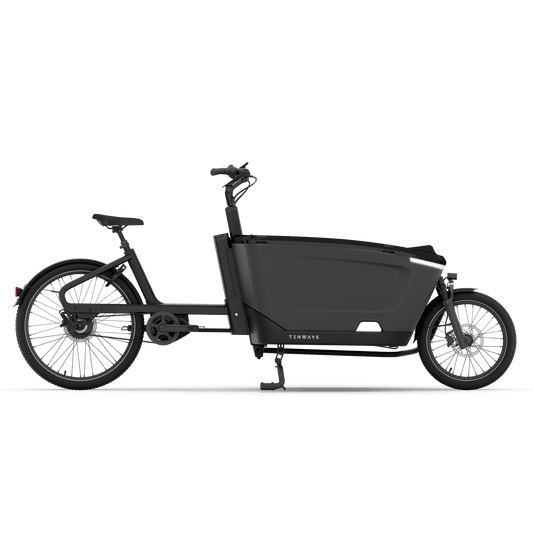Din indkøbskurv (0)
Din indkøbskurv er tom
Shop Ebikes
-
TENWAYS CGO600 Pro €1.799
-
TENWAYS CGO800S €1.899
-
TENWAYS CGO600 €1.199
-
TENWAYS CGO009 €2.399
-
TENWAYS AGO T €2.699
-
TENWAYS AGO X €1.999
-
TENWAYS CARGO ONE €4.999






